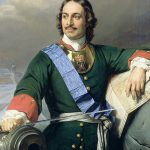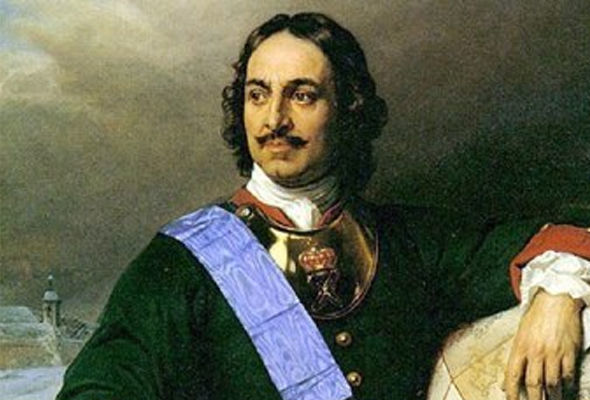
Peter was born on June 9, 1672, in Moscow, Russia, to Tsar Alexis I and his second wife, Natalya Naryshkina. He ascended to the throne in 1682 at the age of ten, following the death of his father. However, due to his young age, his half-sister, Sophia, acted as regent until he reached adulthood. Peter’s early years were marked by political instability and power struggles within the Russian court.
As a young ruler, Peter recognized the need to modernize Russia and bring it in line with the advancements of Western Europe. In 1697, he embarked on a “Grand Embassy” to Western Europe, where he observed technological, cultural, and military developments firsthand. This journey greatly influenced Peter’s vision for Russia’s future.
Upon his return to Russia, Peter initiated a series of reforms aimed at transforming the country. He implemented changes in various areas, including the military, government administration, education, industry, and culture. Peter strengthened the Russian army, modernized the navy, and introduced new technologies and techniques. He also established the first Russian newspaper and promoted education and science within the country.
One of Peter’s most significant achievements was the foundation of the city of Saint Petersburg in 1703. Located on the Baltic Sea, the new capital symbolized Russia’s aspiration to become a major European power. Peter oversaw the construction of numerous grand buildings and canals, and the city quickly became a center of art, culture, and commerce.
Peter’s military endeavors were also remarkable. Under his leadership, Russia successfully waged wars against various neighboring countries, including Sweden, Poland, and the Ottoman Empire. These victories expanded Russia’s territories and secured its position as a major European power.
Furthermore, Peter’s influence extended beyond domestic affairs. He actively sought to establish diplomatic ties with other European nations and introduced Western customs and fashion to the Russian court. He implemented a series of social reforms, including the introduction of the Western calendar and the modernization of the Russian alphabet.
Peter’s reign was not without controversy. His reforms were met with resistance from traditionalists who saw them as a threat to Russian traditions and values. The implementation of these changes often came at a great cost to the Russian people, both in terms of financial burdens and forced labor.
Despite the criticisms, Peter’s impact on Russia was profound and far-reaching. His reforms laid the foundation for the modernization of Russia and positioned the country as a major player on the world stage. Peter’s vision and determination transformed Russia from a backward and isolated state into a European power with vast territories and a strong military.
Peter the Great passed away on February 8, 1725, leaving behind a complex legacy. While he is remembered as a transformative figure in Russian history, his reign was marked by authoritarianism and the suppression of dissent. Nevertheless, his contributions to Russia’s development cannot be denied, and his legacy continues to shape the country to this day



















Add Comment